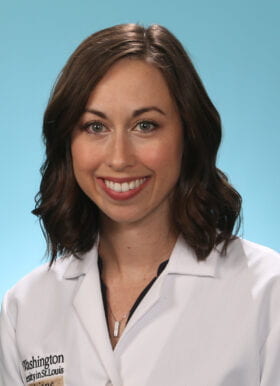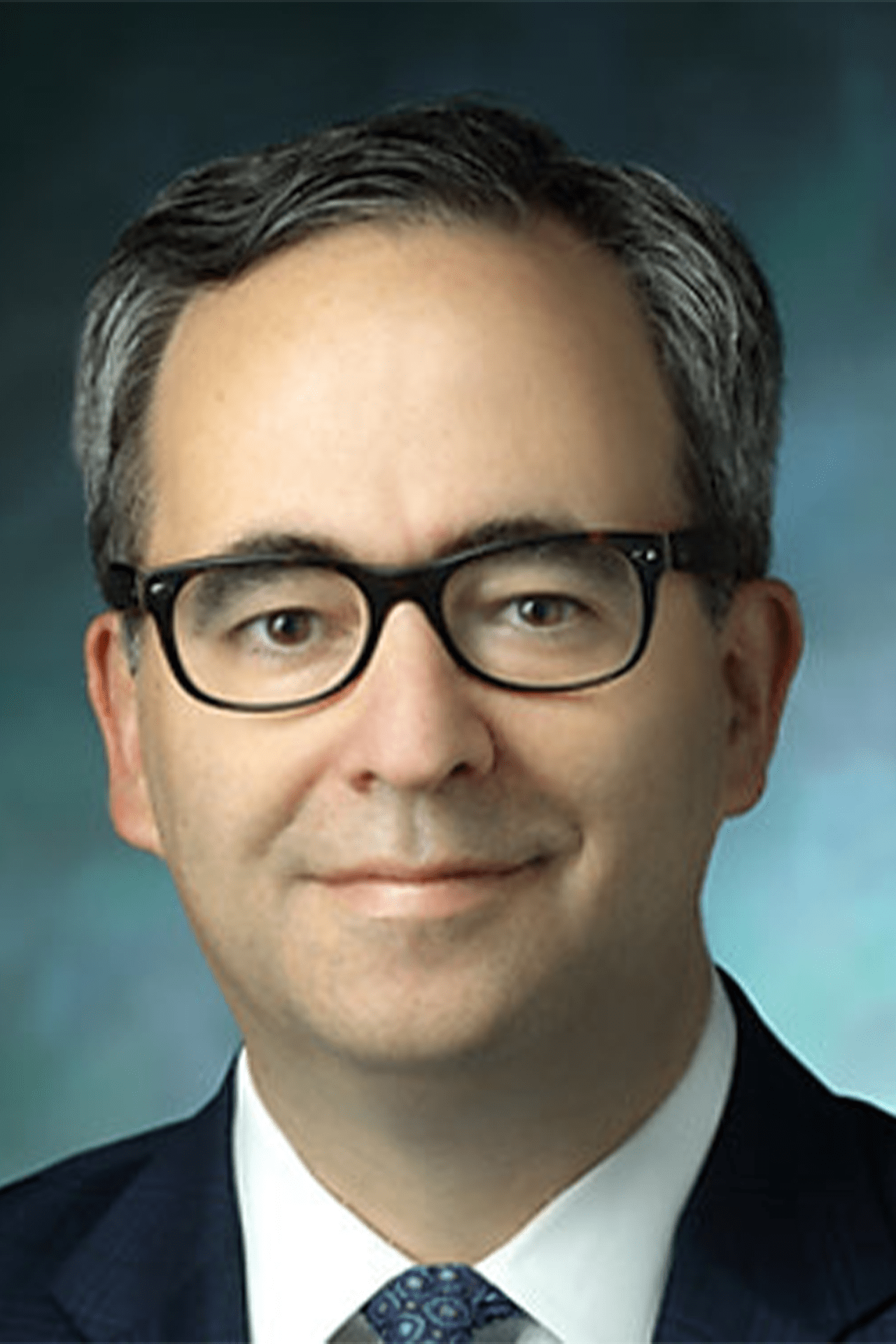Lymphedema is a progressive, debilitating condition that affects up to 250 million people worldwide. It is characterized by an accumulation of fat or fluid, usually in the arms or legs, that results in progressive swelling, pain, numbness and tingling. The condition can be caused by a number of factors, ranging from bacterial infection to surgical trauma of the lymphatic system. In the U.S., the most common form of this condition is breast cancer-related lymphedema, or BCRL.
Advanced lymphedema may lead to an infection of the skin called cellulitis, as well as an infection of the lymph vessels (lymphangitis) and cancer (lymphatic malignancies). To prevent these complications, it’s important to treat lymphedema in its early stages.
Why Choose Us?
The lymphedema treatment program is managed by a team of our specialists working in collaboration with Washington University physicians from other fields of medicine. This multidisciplinary approach, coupled with our use of advanced and innovative technology, means we can offer early detection and precise diagnosis and treatment. Our specialized reconstructive surgeons also work closely with lymphedema therapists to provide high-level comprehensive care.
Conditions We Treat
- Lymphedema
- Excess fluid and fat build-up
- Swelling
- Limb pain
- Cellulitis
- Lymphangitis
- Lymphatic malignancy
- Ulcers
Request an Appointment
Schedule by phone
New and existing patients, call:
314-362-7388
For a pediatric plastic surgeon, call:
1-800-283-5848
Patient Care
What to expect
For early-stage lymphedema, lifestyle changes and medical and therapeutic interventions are the first steps in treatment. These non-surgical methods may offer relief from lymphedema without surgery. However, in some instances lymphedema doesn’t respond to these initial interventions and supermicrosurgery or other special treatments may be needed.
When lymphedema has reached an advanced stage, surgery usually is necessary.
Preparing for your visit
Before your first meeting with one of our specialists, we encourage you to spend some time thinking about the goals you want treatment to help you achieve. Make a list of questions you have and concerns about treatment you’d like to discuss, and bring them with you. Your specialist will have lots of questions for you, too, so come prepared to talk about your health history and your current condition. In some situations, it can be helpful to invite a trusted family member or friend to accompany you to your appointment as they may have a perspective that is relevant and valuable—and may be helpful to you in discussions after your appointment as you consider treatment options.
Patient Resources
Following is a select library of materials you may find helpful. If you’d like to learn more, please read:
Our Physicians

Rachel Anolik, MD
Assistant Professor of Surgery

Justin M. Sacks, MD, MBA, FACS
Chief, Division of Plastic and Reconstructive Surgery
Sydney M. Jr. and Robert H. Shoenberg Chair of Plastic Surgery